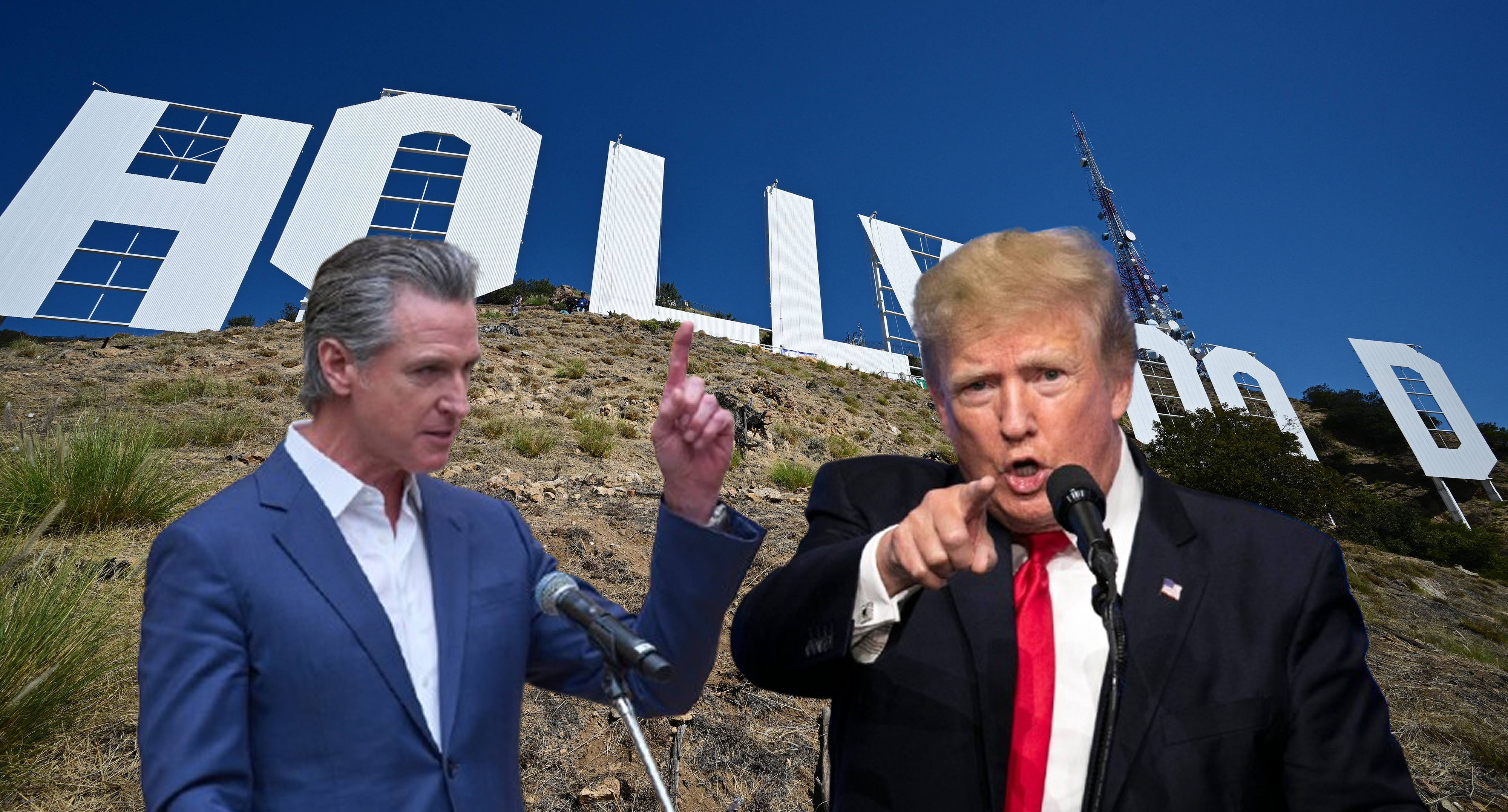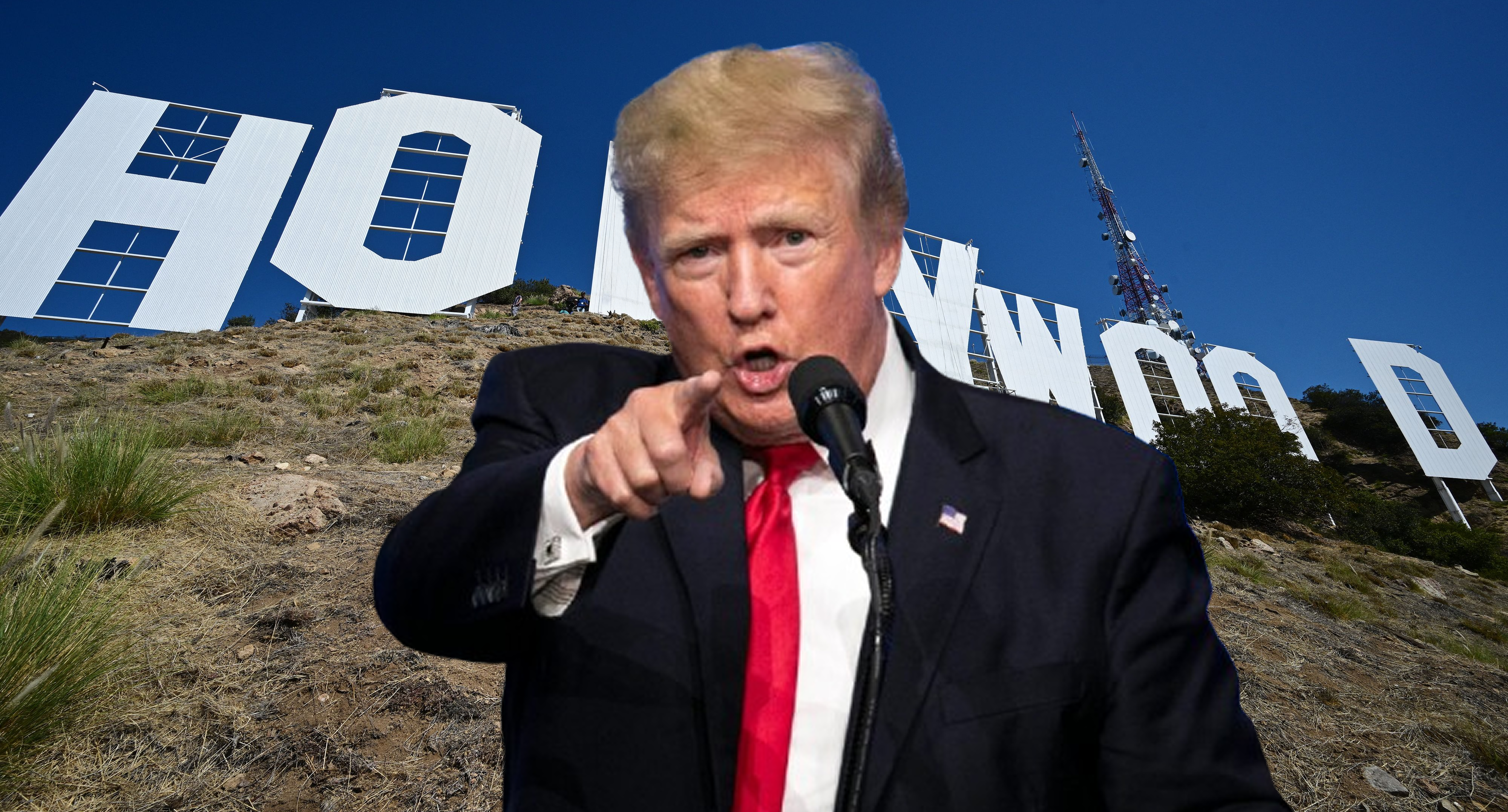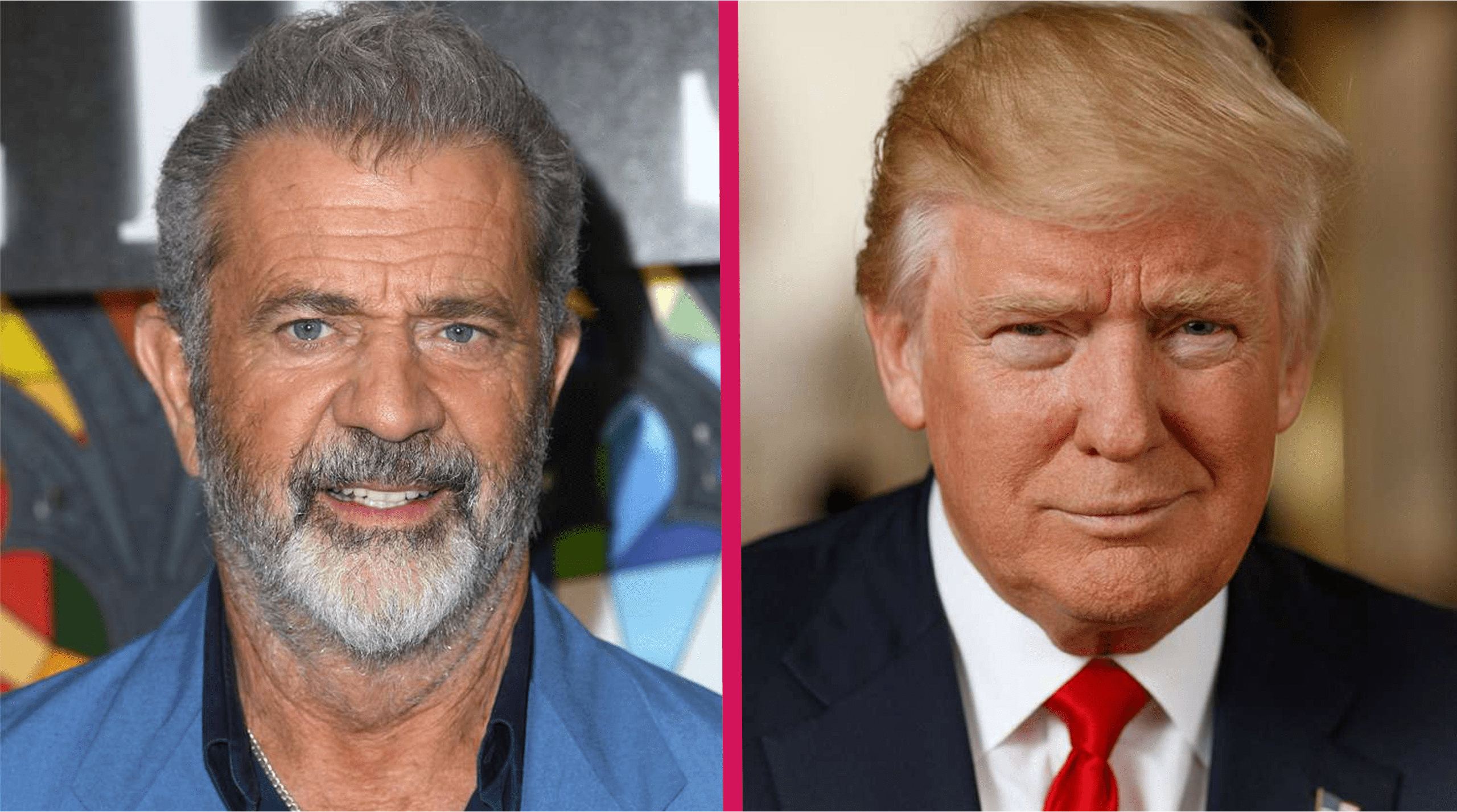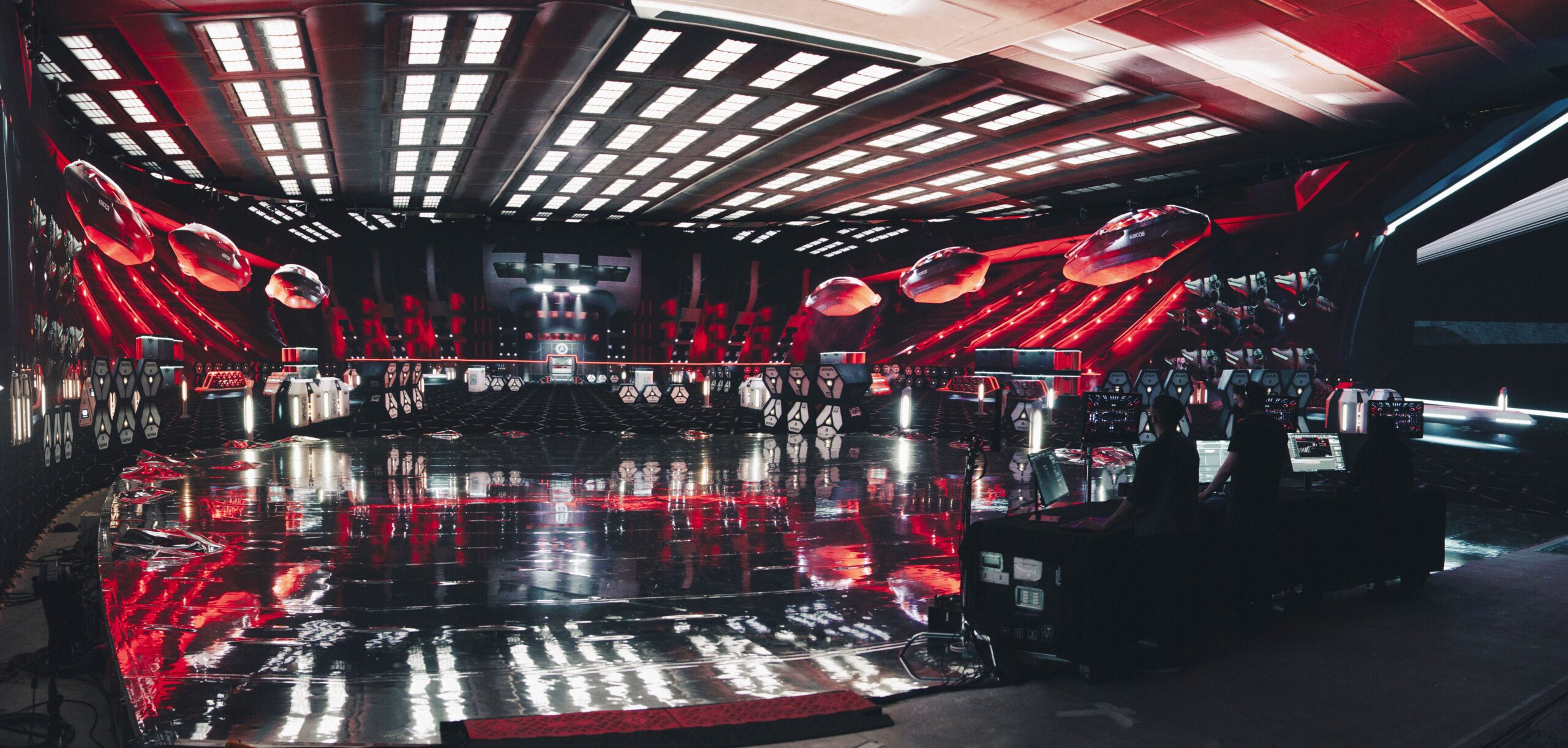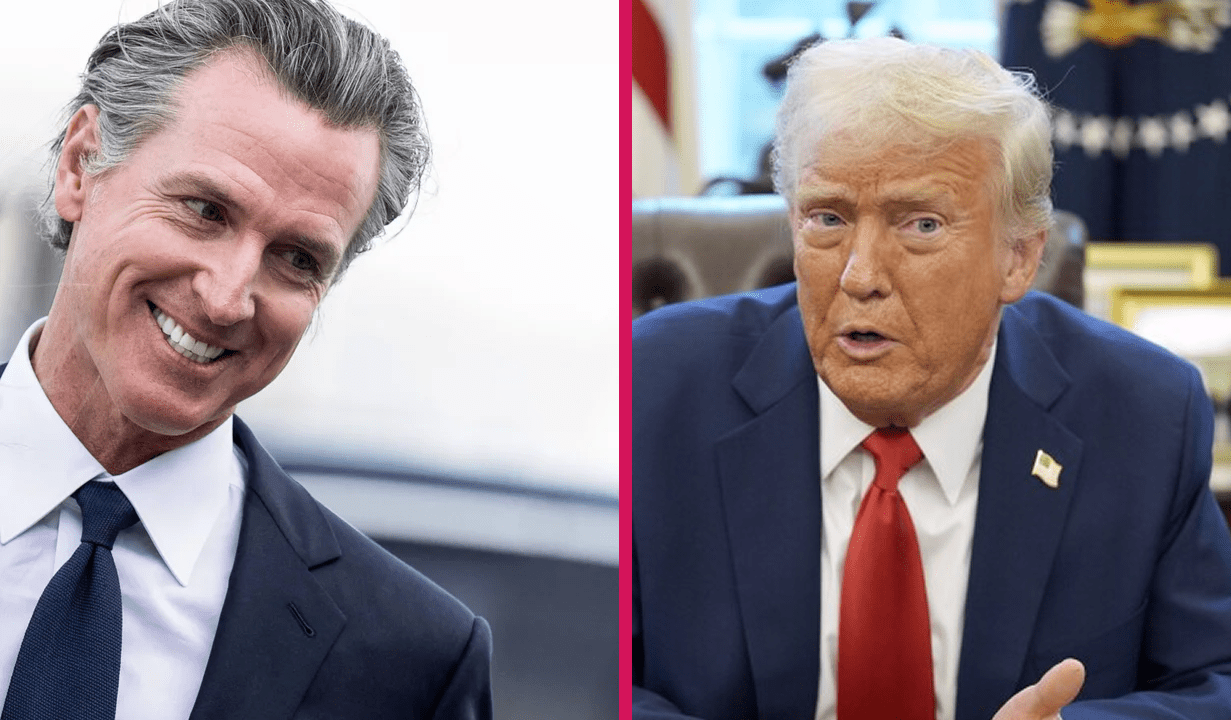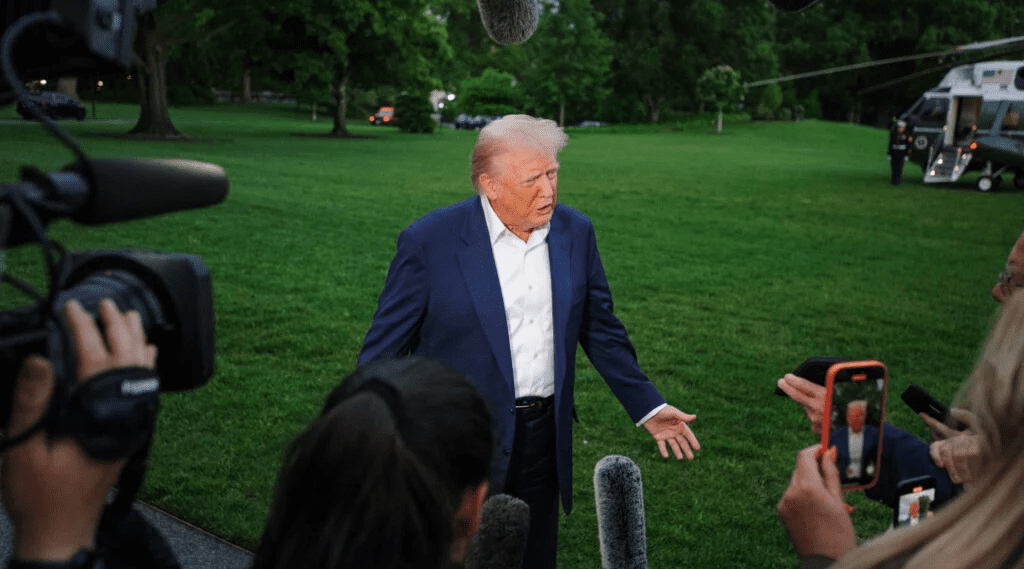As Trump teases new tariffs aimed at punishing studios for filming overseas, California is quietly trying to win back Hollywood’s business the old-fashioned way: with a boatload of cash.
Governor Gavin Newsom’s proposed expansion of the Film & TV Tax Credit Program would more than double California’s annual cap—from $330 million to a record-setting $750 million, a bold move aimed at jumpstarting a sputtering production pipeline and putting more crews back to work in-state. But there’s a catch: the money won’t hit the streets right away.
Hollywood’s Lottery Problem
Studio execs from HBO, Universal, and Sony have all raised the same issue—California’s incentive structure is too complicated, too unpredictable, and too capped. Casey Bloys (HBO and Max) summed it up best: “You have to get into a lottery, and you’re not sure if your show is going to get the tax break or not.” Compare that to places like Canada or Georgia, where tax incentives are guaranteed and logistics are streamlined, and it’s clear why even L.A.-based productions are fleeing the state.
Pearlena Igbokwe (Universal Studio Group) added, “We’re not dying to shoot in Budapest. We just need certainty. We want to keep jobs at home—but right now, we don’t have a choice.”
When Will the New Funding Actually Hit?
There are three possible timelines for the new $750M plan:
-
Best-case: Newsom signs the program into law in June, and funding begins July 1.
-
More likely: Funding is approved with the state budget, but structural changes roll out later.
-
Worst-case: Everything gets tied up until January or beyond—delaying real impact until 2026.
Even once passed, the California Film Commission will need six months to a year to write the rules. That means that while Hollywood might be getting $750M, productions may not see a dime for up to a year. And that’s assuming they get approved in the first place.
What’s Actually Changing?
If passed, the bills (SB630 and AB1138) will:
-
Increase project-level credits from 20% to 35% in LA and up to 40% in other economic zones
-
Expand eligibility to include animation, shorts, and some competition formats
-
Offer up to 90% refundability for studios with limited CA tax liability
-
Still leave post-production and commercial shoots out in the cold

